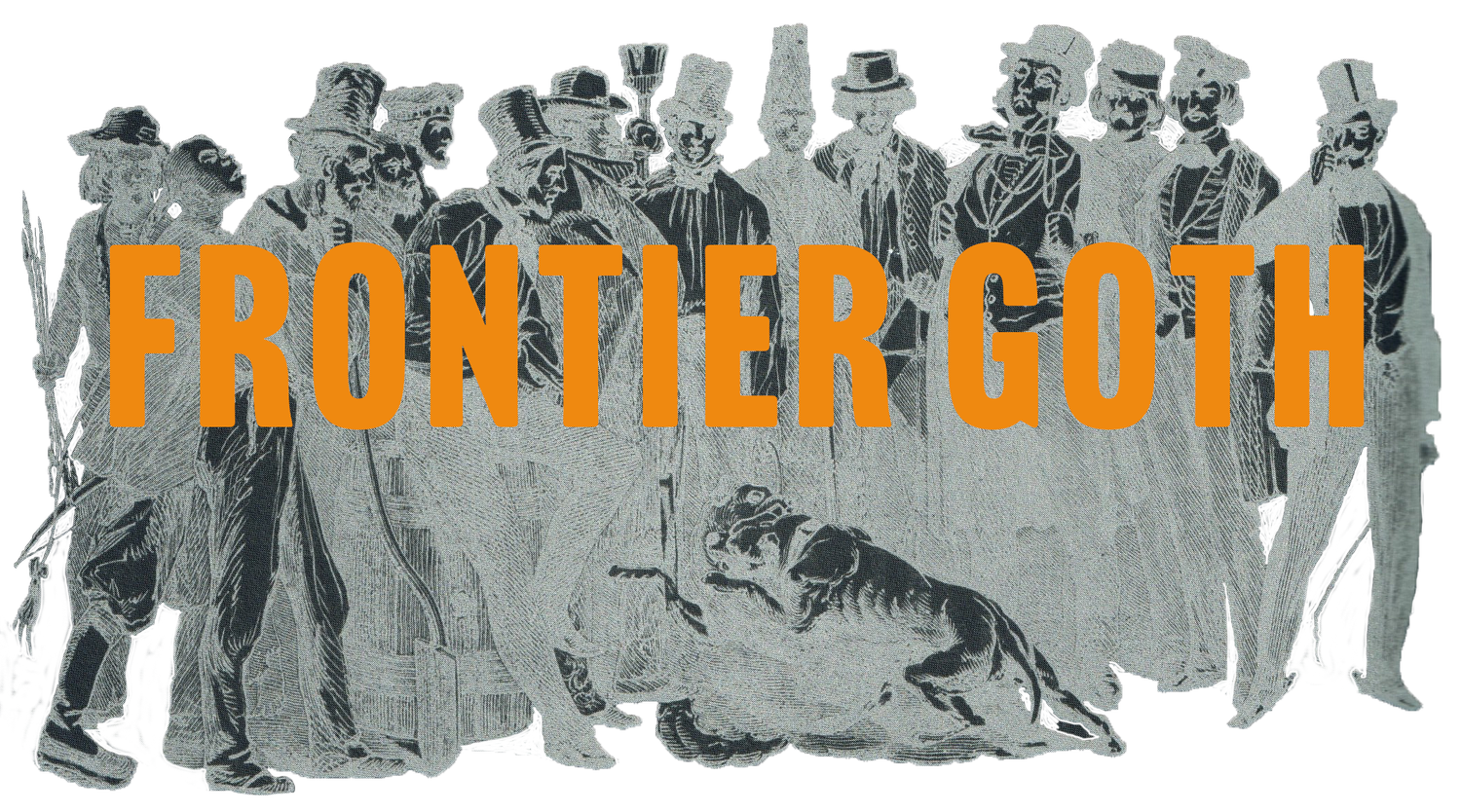Pragmatism: a Reader by Louis Menand
“In this way, the relation of tragedy to revolution (or resistance) is intertwined with that of tradition to progress (or betterment). Prophetic pragmatism, as form of third-wave left romanticism tempers its utopian impulse with a profound sense of the tragic character of life and history. This sense of the tragic highlights the irreducible predicament of unique individuals who undergo dread, despair, disillusionment, disease, and death and the institutional forms of oppression that dehumanize people. Tragic thought is not confined solely to the plight of the individual; it also applies to social experience of resistance, revolution, and societal reconstruction. Prophetic pragmatism is a form of tragic thought in that it confronts candidly individual and collective experiences of evil in individuals and institutions—with little expectation of ridding the world of all evil. Yet it is a kind of romanticism in that it holds many experiences of evil to be neither inevitable nor necessary but rather the results of human agency, i.e. choices and actions.
”This interplay between tragic thought and romantic impulse, inescapable evils and transformable evils makes prophetic pragmatism seem schizophrenic. On the one hand, it appears to affirm a Sisyphean outlook in which human resistance to evil makes no progress. On the other hand, it looks as if it approves a utopian quest for paradise. In fact, prophetic pragmatism denies Sisyphean pessimism and utopian perfectionism. Rather, it promotes the possibility of human progress and the human impossibility of paradise. THis progress results from principled and protracted Promethean efforts, yet even such efforts are no guarantee. And all human struggles—including successful ones—against specific forms of evil produce new, though possibly lesser, forms of evil. Human struggle sits at the center of prophetic pragmatism, a struggle guided by a democratic and libertarian vision, sustained by moral courage and existential integrity, and tempered by the recognition of human finitude and frailty. It calls for utopian energies and tragic actions, energies and actions that yield permanent and perennial revolutionary, rebellious, and reformist strategies that oppose the status quos of our day. These strategies are never to become ends-in-themselves, but rather to remain means through which are channeled moral outrage and human desperation in the face of prevailing forms of evil in human societies and in human lives. Such outrage must never cease, and such desperation will never disappear, yet without revolutionary, rebellious, and reformist strategies, credible and effective opposition wanes. Prophetic pragmatism attempts to keep alive the sense of alternative ways of life and of struggle based on the best of the past. In this sense, the praxis of prophetic pragmatism is tragic action with revolutionary intent, usually reformist consequences, and always visionary outlook.”
-Cornel West, 1989



